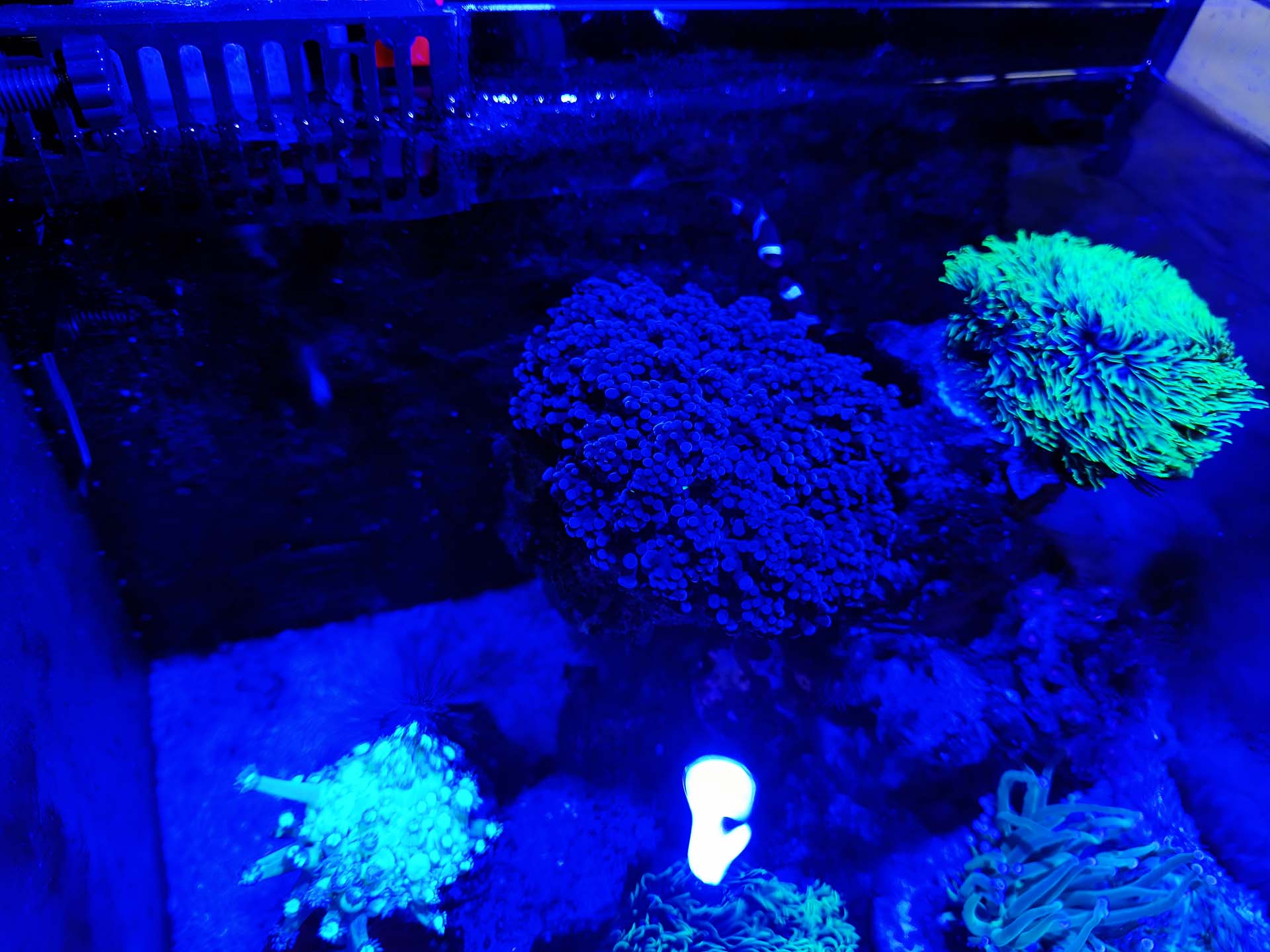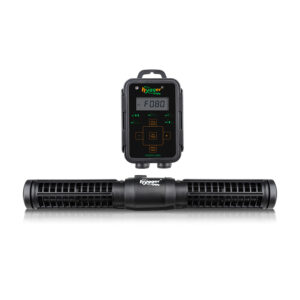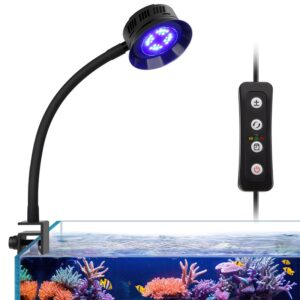When it comes to the sense of accomplishment in keeping in different kinds of aquariums, the hobby of keeping in the sea aquarium is second to none. Nothing compares to the beautiful shapes and colorful body colors of marine life. Like saltwater fish, corals, and invertebrates will impress you with endless challenges.
Content Table
A Most Difficult Area for Fish-Keeping
If you have never kept fish before and want to start directly with marine fish, then you should warn yourself that you are about to enter the most difficult area for fish keeping. Marine fish are one of the most difficult marine animals to keep. If you have kept cold-water fish or tropical fish, these experiences will help you.
It will help you understand the basics of feeding, water quality testing, and aquarium maintenance. But there are also some benefits for novices with no experience, because novices usually ignore the basic principles of freshwater filtration to a large extent, and relearn the knowledge of seawater filtration. Nevertheless, any past fish-keeping experience is very valuable.
To keep these exquisite fish and corals is not easy. They require precise water quality conditions and one cannot make any mistakes. People dream of having a seawater aquarium full of corals, shrimps, crabs, and starfish. The water in the aquarium is full of colorful fish, just like the aquarium you see in a holiday or nature documentary. However, the reality is that these are achievable, and now enthusiasts can replicate coral reefs closer to nature, but this requires time, money, knowledge, and determination. If you don’t have these mentioned above, you may not be suitable for taking care of marine life.

This is not to keep you away from marine life, it is just advice. Since most marine life is still directly transferred from the ocean to the aquarium in our living room, we have the responsibility to provide them with the best living environment we can. In particular, coral reefs are a scarce resource and are gradually decreasing with global warming, pollution, over-harvesting, and shipping damage.
Characteristics Vs Needs
To deal with this situation, we must be responsible for all these actions. Before buying, we must conduct in-depth research on corals to understand the characteristics and needs of the corals to be purchased, and even tell people who have never kept fish that corals are alive animals, and we must do our best to protect them.
The good news is that many marine enthusiasts are doing this by breeding corals by themselves and sharing the bred corals with friends to establish coral communities in the aquarium to spread the view of sustainable development of coral reefs and understand the occurrence of natural coral reefs. What’s even better is that now enthusiasts have mastered the cutting-edge technology of coral breeding.
Many enthusiasts who cultivate coral in their living rooms are also providing suggestions on coral breeding to public aquariums and scientific organizations. If one day we put corals back into the ocean for the restoration of coral reefs, we will be very satisfied with the useful work done by corals that were once barely known. It is only in the last few decades that we have discovered that corals are animals rather than plants.
Therefore, as long as you are responsible for doing things, and treat the ocean as a hobby rather than a fashion or trend necessity, then there is no doubt that it will greatly satisfy you and enrich your life. What we can do now is to be able to create part of our coral reefs at home alone, so it seems that we are indeed very lucky.
What Does Tropical Marine Life Need?
Corals only inhabit certain parts of the ocean, and these places can provide them with the conditions they need to survive. These conditions include the full spectrum of bright tropical nature, strong bottom currents, big waves, constant temperature throughout the year, plenty of plankton nearby, and always clean, high-purity, low-nutrient seawater. If these conditions can be imitated in the home aquarium, then there should be no problem with keeping marine life. You can even build a very small coral aquarium in a nano aquarium, but a large aquarium will be better because the environment of a large aquarium will be more stable and allow you to breed more fish.
Related Topic
Make Your Saltwater Aquarium Ocean-Friendly


Leave a comment